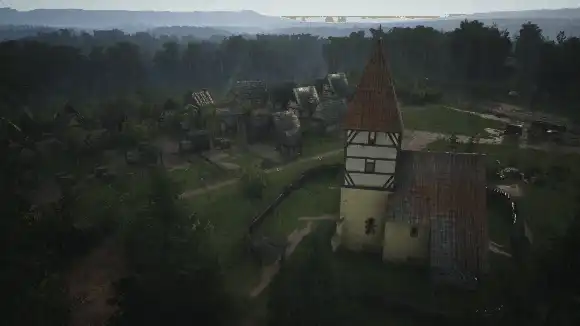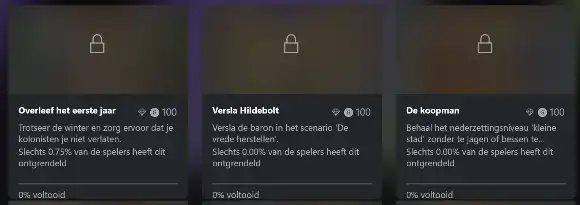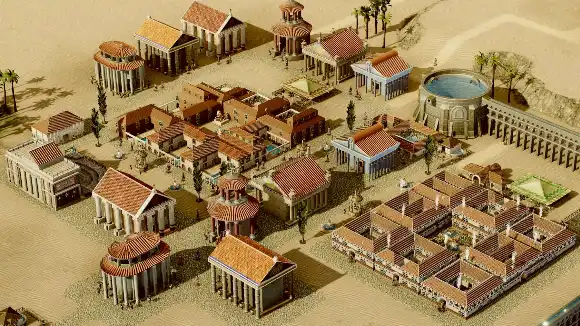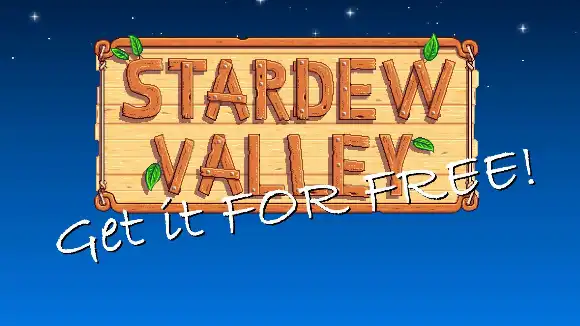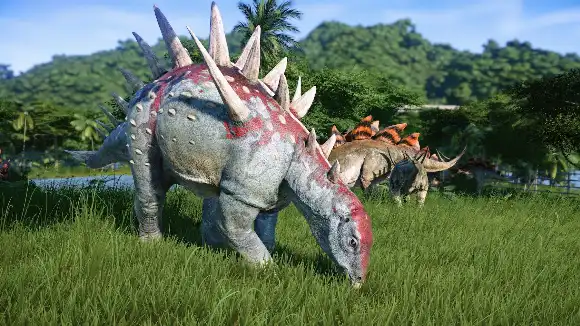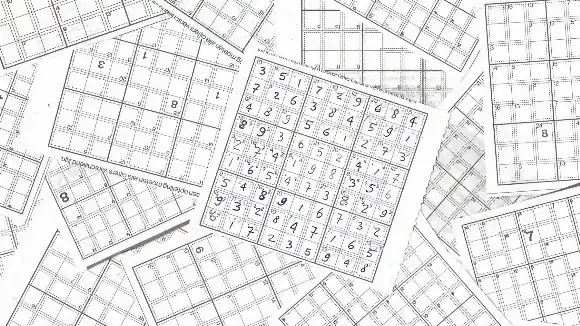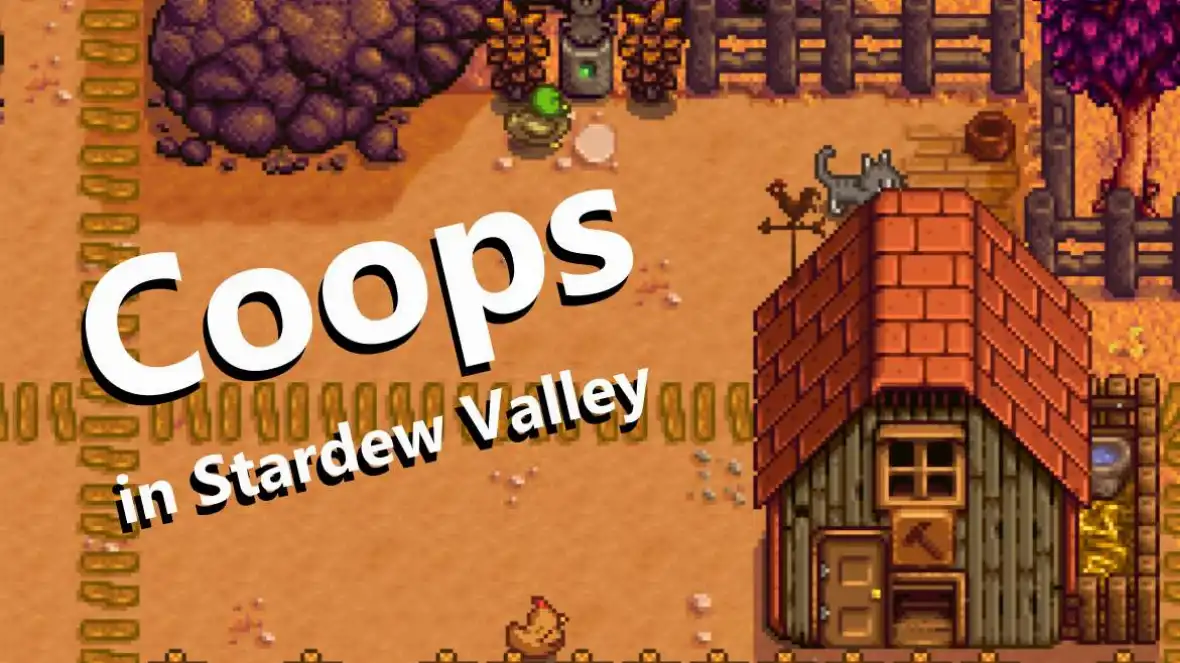
In this article
We all know that Stardew Valley is all about building your dream farm. We also know that farming doesn't only revolve around crops, but animals play a big part too!
Animals in Stardew Valley live in either a coop or a barn. Let's talk coops today and see what they are used for and why they are important to make your farm successful.
We'll break down everything you need to know about coops, from their types and costs to the adorable animals they house.
What are coops?
Coops are essential to your farm if you want to raise Chickens. Why chickens, you ask? Obviously to receive a steady supply of Eggs! Also, you need a coop if you want to hatch a Dinosaur... More on that later!
Coops are farm buildings in Stardew Valley where you can house small animals. Robin, the local carpenter on the north side of Pelican Town, builds them for you.
Coops are more than just a place for animals to eat and sleep. It is where they lay their eggs, drop any other kind of produce and where you will most often find your feathery friends for you to pet.
Types of Coops and costs
There are three main types of coops, each offering upgrades and new features as you progress.
Note: you can only build a regular Coop. Once you have one, you can upgrade that Coop to Big Coop, or build a second basic Coop.
1. Coop
- Cost: 4000g + 300 Wood + 100 Stone
- Capacity: 4 coop-dwelling animals (chickens)
- Build time: 3 days
- Size: 6x3 tiles
The basic Coop is your starting point. It lets you buy Chickens from Marnie. Raise them in the coop and they will start to produce Eggs daily.
You’ll also need hay to keep them happy. Tip: have Robin build a Silo to store hay as well. When you mow grass on your farm using the scythe, hay will automatically be harvested and stored in the silo. From there, you can feed it to your chickens!
2. Big Coop
- Cost: 10000g + 400 Wood + 150 Stone
- Capacity: 8 coop-dwelling animals (chickens, ducks, dinosaurs!? 😱)
- Build time: 2 days
- Size: 6x3 tiles
The Big Coop is an upgrade Coop. It includes an incubator for hatching eggs (just in case you don't fancy an omelet and want more chickens).
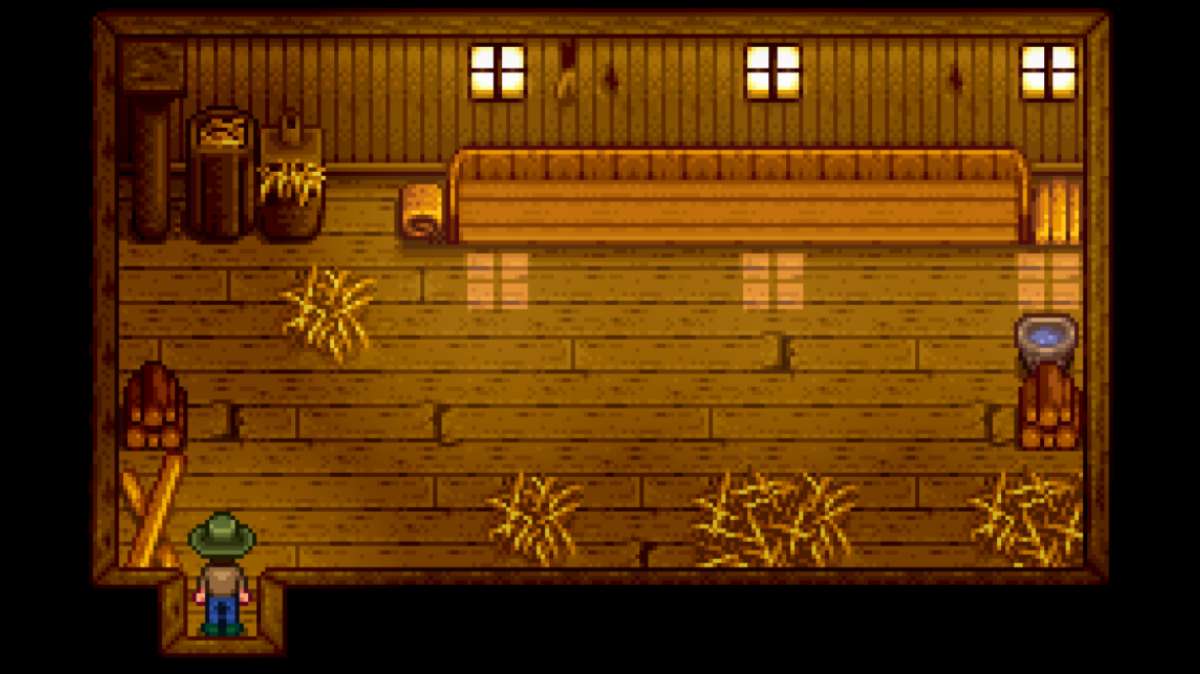
A Big Coop from the inside with space for 8 animals and an incubator
Plus, you can now buy Ducks from Marnie! Ducks produce Duck Eggs (go figure) and Duck Feathers.
You can use the incubator included with this Big Coop to hatch a Dinosaur Egg too... How awesome is that!?
3. Deluxe Coop
- Cost: 20000g + 500 Wood + 200 Stone
- Capacity: 12 coop-dwelling animals (chickens, ducks, dinosaurs, rabbits)
- Build time: 2 days
- Size: 6x3 tiles
The Deluxe Coop auto-feeds the animals living inside the coop. This alone makes it worth the upgrade, as that is a game-changer during busy in-game days.
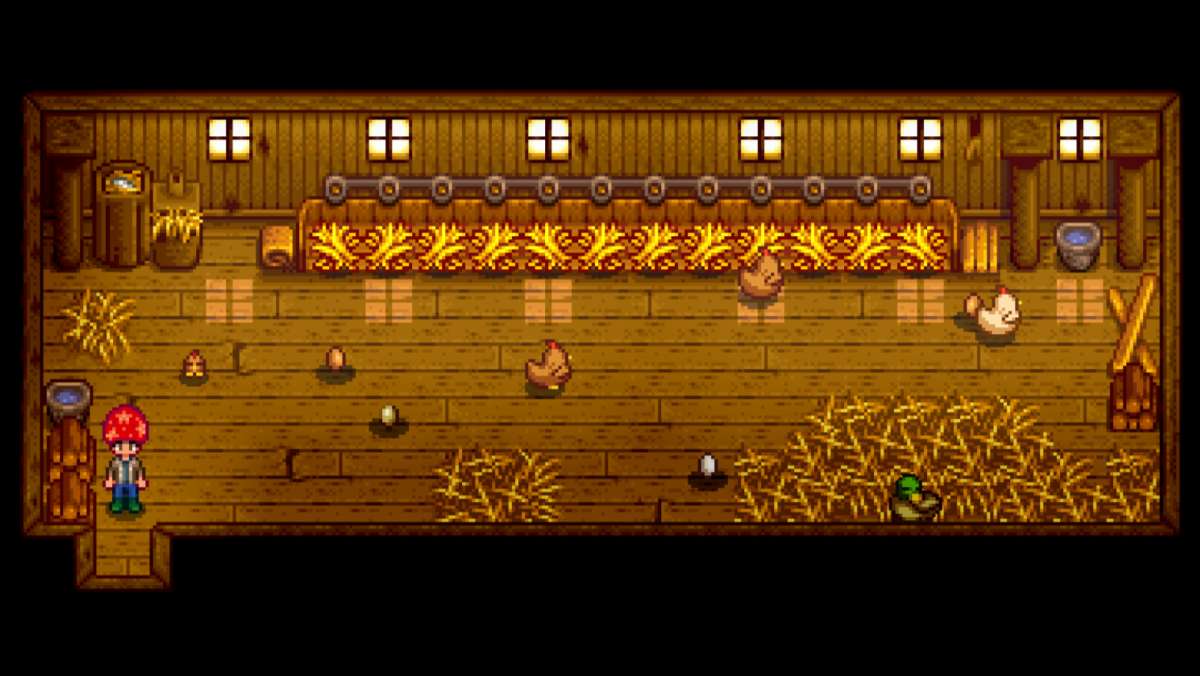
A Deluxe Coop from the inside with space for 12 animals, an auto feeder and an incubator
The Deluxe Coop also allows you to buy a Rabbit from Marnie. They will produce Wool and, occasionally, Rabbit’s Feet. A Rabbit's Foot is a valuable thing to sell (565g for a basic one) and is a great gift. Everybody loves receiving a Rabbit's Foot! Apart from Penny, she hates them.
What animals can you raise?
Each coop level unlocks new animals you can add to your farm life. These animals are:
- Chickens: These are your typical egg-layers. They can either be white or brown and lay corresponding coloured eggs. There are also Void Chickens and Golden Chickens.
- Ducks: Are a source of Duck Eggs and can swim in your farm’s ponds. When happy, they can also drop a Duck Feather instead of laying an egg.
- Rabbits: Aren't they the cutest!? They produce Wool and sometimes Rabbit’s Feet.
- Dinosaurs: Welcome to Jurassic Farm! Hatch a Dinosaur Egg to get a Dinosaur. When happy, they'll lay Dino Eggs which you can use to make Dino Mayonnaise.
Caring for your Animals
The most important things about animals: feed them! As long as you haven't upgrade to the Deluxe Coop yet, make sure your animals are fed with hay daily.
There is a hay dispenser next to the feeding bench which pulls hay directly from the silo (if you have one). You can also let your animals outside on sunny days to graze. To do so, open the hatch next to the door.
Happy animals are productive animals! Pet them every day to raise their friendship level. Friendship directly impacts the quality of their produce, so the extra attention pays off. The happier the chicken, the more likely you will get better quality eggs or large eggs.
Getting value from the Coop
Even a basic Coop offers you a lot of value if treated right. There are a couple of ways to get the value out of the Coop.
Selling Eggs
The main reason to build a Coop, is to keep chickens. In a basic coop, you can hold 4 chickens. As we all know, chickens lay eggs, 1 egg per day. This means you can get up to 4 eggs a day if you have 4 chickens.
The friendship level with the chicken has an influence on what type of egg it will lay. The egg can be regular or large and of varying quality.
Initially, a chicken will only lay Eggs of a regular size, with increasing quality as friendship increases.
| Egg quality | Egg sell price |
| Normal | 50g |
| Silver | 62g |
| Gold | 75g |
| Iridium | 100g |
After you've reached sufficient friendship with a chicken, it will also start laying Large Eggs.
Again, when a Chicken starts laying Large Eggs, the quality will be normal. Over time and as friendship increases even more, this quality will increase.
| Large Egg quality | Large Egg sell price |
| Normal | 95g |
| Silver | 118g |
| Gold | 142g |
| Iridium | 190g |
Note: Both Egg and Large Egg prices are affected by the Rancher profession (unlocked at Farming level 5), bringing in 20% more gold per sale.
Selling Mayonnaise
Eggs are the only ingredient needed to make Mayonnaise. This is an artisan product made by a Mayonnaise Machine. You can craft this machine yourself once you reach Farming level 2.
Mayonnaise is a profitable product. It can be made with any quality Egg or Large egg. It takes 3 game-hours to make, which means you can easily make 4 jars of Mayonnaise per day.
Mayonnaise comes in 2 qualities: normal and gold. The quality of the egg does not influence the quality of the mayonnaise, only the size of the egg does. A regular sized Egg will produce a normal quality Mayonnaise, while a Large Egg will produce a gold quality Mayonnaise.
| Mayonnaise quality | Mayonnaise sell price |
| Normal (from Egg) | 190g |
| Gold (from Large Egg) | 285g |
Selling Chickens
If you have upgraded your Coop to a Big Coop, you will now have access to an Incubator. With an Incubator, you can hatch eggs into chicks.
The hatching takes a while though: almost 6 full game days. Or half that time if you've gone with the Coopmaster profession, available at Farming level 10.
You can sell Chickens. The amount of gold received for selling a Chicken depends on the amount of hearts on the friendship level. The more hearts your Chicken has, the higher the selling price will be.
The maximum amount you can get for selling a Chicken (so at 5 stars) is 1040g.
Selling Cooked Dishes
Most recipes which require Eggs as an ingredient are not profitable. So if you turn your eggs into Fried Eggs or Omelets hoping they'll be worth more, you're wrong.
A Fried Egg for example only takes 1 Egg to cook, but will sell for only 35g. Even if you use a regular egg of regular quality, this Egg would have sold for 50g as an Egg.
When you've been playing Stardew Valley for a while, your recipes have diversified and you have gained access to Beets, you can turn your Eggs into profitable recipes. There are only 2 profitable recipes with Eggs:
| Recipe | Ingredients | Ingredient price | Cooked Dish sell price |
| Chocolate Cake | Wheat Flour, Sugar, Egg | 150g | 200g |
| Pink Cake | Melon, Wheat Flour, Sugar, Egg | 400g | 480g |
These two recipes are only profitable if you can produce your own Sugar and Wheat Flour though.
For Wheat Flour, you will require a Mill on your farm. To have Robin build a mill, you will require Cloth. Cloth requires you to sheer Sheep (held in a very expensive Deluxe Barn) or Rabbit's Foot (from a Deluxe Coop). So it will be a while before you can build this building.
For Sugar, you will need to mill Beets. The only way* to get Beet Seeds is to purchase these at the Oasis, which unlocks only after the Bus Service has been reinstated by completing the Vault Bundles at the Community Center.
So yeah, these recipes are profitable, but only after you've played Stardew Valley for a decent amount of time and have progressed into at least year 2.
*Unless you are lucky and the Traveling Cart sells it. But that is a very slim chance.
Return on investment
To build a Coop and fill it with Chickens, you will need to spend 7200g. This is 4000g for having Robin build the Coop and 3200g to pay Marnie for 4 chicks.
This seems like a lot, but you will make this money back so quickly, it's a no-brainer to start raising chickens.
| Product | Selling price | Needed to break even | Time required |
| Eggs | 50g | 144 Eggs of normal quality | 36 days |
| Large Eggs | 95g | 76 Large Eggs of normal quality | 19 days |
| Mayonnaise | 190g | 38 Mayonnaise (normal quality) | 10 days |
| Mayonnaise | 285g | 26 Mayonnaise (gold quality) | 7 days |
Tips for your Coop success
To get the most out of your Coop, a few things are important to keep in mind.
Plan ahead
Resources like wood and stone are essential to get a Coop, so stockpile them early. The same goes for the money needed. 4000g isn't a lot, but especially early game it might dig into your cash reserves. Make sure you'll always have enough money left to buy seeds!
Before you wander off to order your building with Robin, make sure there is enough free space on the farm to place the Coop where you want it. The Coop takes 6 x 3 tiles of space. Funnily enough, the Big or Deluxe Coop might be bigger on the inside, but stay the same size on the outside! Reminds me of a certain police box...
Also, keep Robins opening hours in mind. The Carpenter's Shop is usually open from 9:00am to 5:00pm, but is closed on Tuesdays and on (some) festival days. She might be a vendor at the Desert Festival on Spring 15, 16 and 17, which means she won't be tending her own shop in Pelican Town.
| Day | Time | Note |
| Monday | 9:00am to 5:00pm | |
| Tuesday | Closed | Robin is excersising over at Pierre's. If it rains, the shop will be open. |
| Wednesday | 9:00am to 5:00pm | |
| Thursday | 9:00am to 5:00pm | Closed on Summer 18. |
| Friday | 9:00am to 4:00pm | She closes an hour early on Fridays to grab a beer at the salloon. |
| Saturday | 9:00am to 5:00pm | |
| Sunday | 9:00am to 5:00pm |
Upgrade Wisely
Even though the Coop itself isn't too expensive, the upgrades are. At 10000g for a Big Coop and 20000g for a Deluxe Coop, you will need a big cash reserve to place the orders. This is the same for materials, increasing in amounts with each upgrade.
Note: After the Deluxe upgrade, you will have spent a total of:
- 34000g
- 1200 Wood
- 450 Stone
If you're low on money, decide whether the upgrade is needed right now or if you could wait a couple of days. You can use this time to harvest more Wood and Stone, or maybe invest in the Silo first if you haven't done so already.
Ducks are great fun, but don't add a lot of value to the day to day life. Rabbits on the other hand produce wool, which is needed to make Cloth in the Loom, which is essential to have a Mill built by Robin.
In any case, if you are farming crops as well, make sure there's always enough money left to buy new seeds.
Invest in Grass Starters
Grass Starters help feed your animals when they’re outside to save on hay. Planting a grass starter results in a single patch of grass straight away. If not eaten by animals, it will spread around, growing more grass.
Grass can be harvested using the scythe. If you have a Silo, mowed down grass will automatically harvest Hay which is stored in the Silo. The Hay can then be used from the Hay Hopper in the Coop or will automatically be dispensed if you have a Deluxe Barn.
If you put a fence around the Coop and some empty space, you can place grass starters there. This way, the grass won't overwhelm the farm, as it's stopped by the fence. But once it grows within the bounds of the fence, the chickens and other animals will have something to eat on sunny days.
Wrapping up
Coops in Stardew Valley are a great addition to your farm. The Coop will be a good return on investment and, depending on which products you are selling, will pay for itself within the month.
It takes time to befriend and take care of the Chickens, pick up the Eggs and process them, which makes Coops a time consuming endeavour. But on the bright side, those little balls of feather are a cute addition to your farm!
